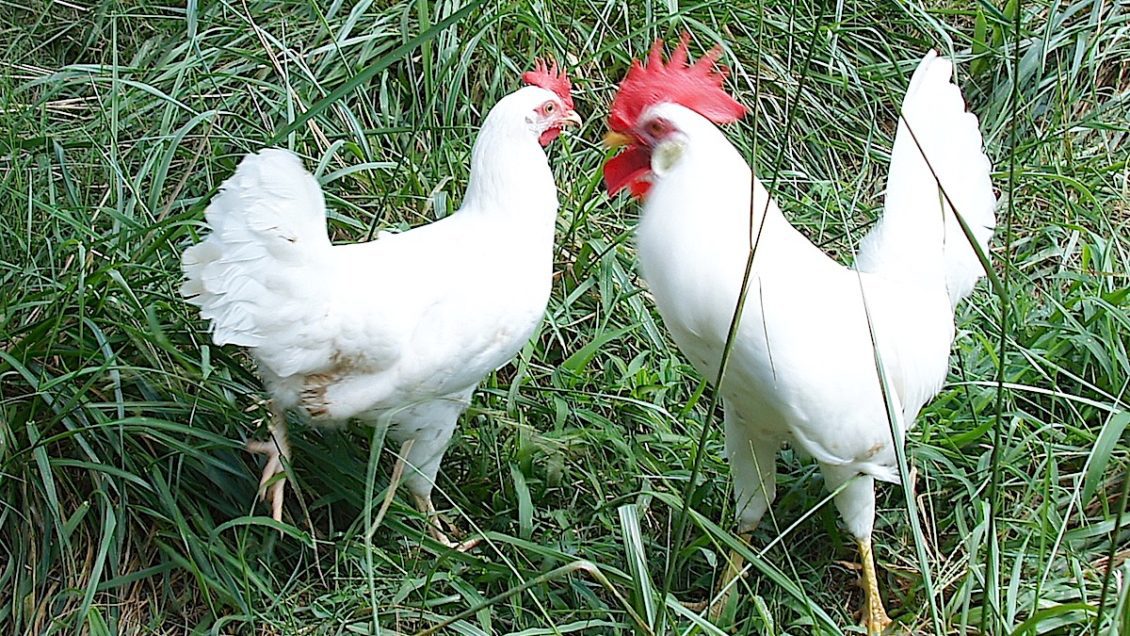South Carolina’s state veterinarian is temporarily prohibiting importation of backyard poultry, waterfowl and ratites (such as ostrich and emu) from areas with confirmed infections of highly pathogenic avian influenza, or HPAI, for sales, shows and exhibitions.
Interstate importation of the above birds from counties that are free of HPAI infections may continue following normal state regulations.
Michael Neault, who directs the Clemson University Livestock Poultry Health (LPH) regulatory agency, said the temporary measure is a response to the expanding outbreak of HPAI, which has now reached 26 U.S. states.
The U.S. Department of Agriculture’s Animal and Plant Health Inspection Service (USDA-APHIS) maintains a current database showing the locations of HPAI outbreaks at this web address.
“In addition, we strongly recommend that all producers review the specific restrictions that markets, shows, and exhibitions may implement in addition to or in tandem with these state restrictions prior to bringing birds,” Neault said.
The State Veterinarian’s office will continue to monitor the HPAI outbreak and will issue a statement when the prohibition of movement has been lifted.
Although South Carolina and Georgia so far have reported no infected poultry flocks, North Carolina’s Johnston and Wayne counties southeast of Raleigh discovered the disease in multiple flocks at the end of March and beginning of April. Nearly 400,000 chickens and turkeys were affected.
A wild duck harvested in January by a hunter in Colleton County, South Carolina as part of a surveillance program was the first wild bird detected with the Eurasian H5 type of HPAI since 2016. The bird, an American wigeon, was tested by the Clemson University Veterinary Diagnostic Center in Columbia; the diagnosis was confirmed by USDA-APHIS.
This type of HPAI virus is considered a low risk to people but poses a danger to the poultry industry, backyard and commercial, which generates billions of dollars annually in the Palmetto State’s economy.
For importation requirements of backyard poultry, waterfowl and ratites, contact the LPH Animal Health Programs office at (803) 726-7805.
END
Get in touch and we will connect you with the author or another expert.
Or email us at news@clemson.edu

